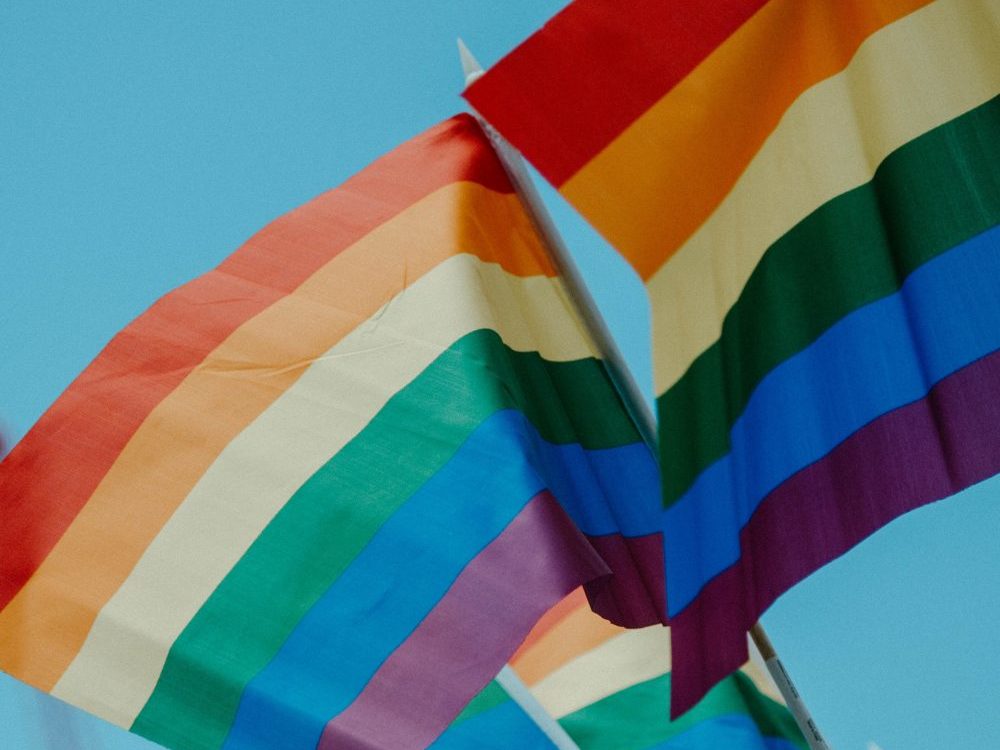Whichever side of the political fence you fall on, there’s a significant chance you remain somewhat blindsided by Friday’s Conservative victory. However, while the scale of the majority might have been shocking, look beyond the blue wash that swept over Westminster and you’ll find another surprise is in store – a distinct lack of blue rinses.
Indeed, not only is the intake of 2019 notably fresh-faced, with the government’s eight new MPs under 30 already earning themselves the patronising collective noun of ‘Boris’ Babies’, they’re also keen to point out that they have helped set in stone a title first won by the House of Commons in 2015 – that of the gayest parliament in the world.
While there is not a single old Etonian among the Conservatives’ 108 new MPs, there are 24 who are openly gay or bisexual (though none identify as trans), the most of any party. Add to them Labour’s 18 gay newcomers and you reach a total of more than 50 LGB MPs – more than in any other global legislature.
Together, the Tory’s new crop presents a surprisingly diverse look into the future of a party that, despite having been responsible for both of Britain’s female Prime Ministers (and, in Ruth Davidson in Scotland, its only lesbian leader), remains more associated with stale, pale males. State school-educated, working class and pro-Brexit, they are the faces that helped swing the election. And while these new libertarians may have snuck up on the Twitterati, hidden beneath the cloak of Boris, they have come nonetheless – and who are we to look a trojan gift horse in the mouth?
Conservative by name they may be, but the new arrivals have already shown a willingness to break free from any conservative-with-a-small-c mould. Take Redcar’s Jacob Young who, when asked if he was socially liberal during the campaign replied, “Well, I’m engaged to a man”. Or Carshalton & Wallington’s Elliot Colburn, who was pictured kissing his boyfriend after his win was announced, in glorious defiance of the homophobic abuse he had received from some quarters during the campaign. “I wanted to show we won’t be cowed and hide because people feel uncomfortable,” he told reporters afterwards. “It helps people realise we are like any other couple.” Then there is Imran Ahmad Khan, the Tory MP for Wakefield, who is believed to be the world’s first ever openly gay Muslim elected politician.
It’s not only the men who are breaking from expectation either – there’s more gender diversity on both sides of the house. While it might be hard for Labour’s members to see much of a silver lining from Thursday’s result, the party did at least make its mark in one positive way, with women MPs outnumbering men for the first time in the party’s history. Twenty of the party’s new recruits are women, seven from black and ethnic minority backgrounds, while only four of the intake are white men. From Florence Eshalomi, who is of Nigerian descent, to Claudia Webbe, whose family hail from St Kitts and Nevis, to Luton North’s Sarah Owen, whose mother is Chinese, the Labour intake displays a refreshing diversity that felt unthinkable 32 years ago, when Diane Abbot made history as the country’s first black female MP.
In blue, meanwhile, 26-year-old Dehenna Davison admits that as a state-school educated, council house-raised, working class young woman, she is “everything a Tory shouldn’t be.” More circumspect, but similarly unexpected, Sara Britcliffe, 24, is the baby of the Boris’ Babies bunch. Also state school-educated, the winner of Lancashire’s Hyndburn seat, which has had a Labour MP throughout her whole life, admits she encountered some surprise during the campaign. “Everybody says that all Conservative MPs went to private school and that’s just not the case”.
Now, of course, if we have learned anything from the example of Priti Patel, it is that making assumptions about someone’s politics based purely on their back story is a fool’s errand. But there’s little question that, as Boris sets out to reshape his cabinet, he does so with at least the opportunity to ensure the faces around the table are somewhat more representative of modern Britain than they were before.
Many pundits have already noted the uncharacteristically conciliatory tone the Prime Minister adopted outside Downing Street on Friday, as well as his insistence that both the NHS and the concerns of non-Conservative voters would sit front and centre of his mind as he moves through his immediate days and weeks in elected office. Given he asked the electorate to forget so many of his statements past during the election campaign, only time will tell whether he can be believed now. But with a new youthful northern army at his back and a diverse, primarily female opposition facing him and determined to regroup, the pressure on Boris to live up to his words may have never been greater.
Whichever way you cut it though, Jacob Rees-Mogg is beginning to look less representative of our governing forces and more like a relic of times past. And as reasons for optimism go, surely, we can all be grateful for that…









